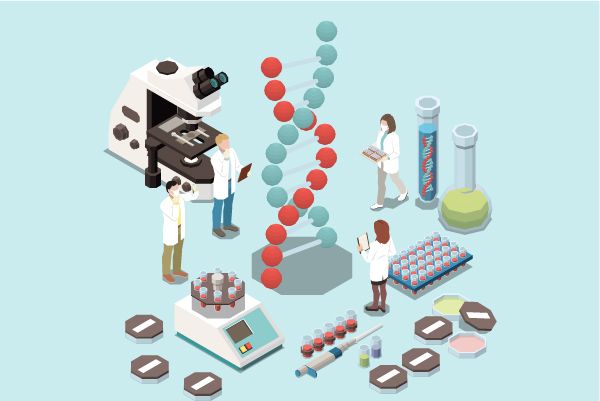What are the types of pharmaceutical patents?
When exploring the intricate world of pharmaceutical patents, it is essential to understand their various types and the crucial roles they play in the pharmaceutical industry. Patents serve as protective mechanisms that safeguard innovations, allowing inventors to retain exclusive rights to their discoveries for a certain period. This fosters continued investment in research and development, enabling the creation of life-saving medications and treatments.
Understanding Pharmaceutical Patents: An Overview
Pharmaceutical patents are legal rights granted to inventors or companies that provide exclusive rights to produce and sell their innovation for a specified time, typically 20 years from the filing date. They are essential in encouraging research and development in the pharmaceutical industry, providing innovators with the security needed to invest heavily in new drug discoveries.
Types of Pharmaceutical Patents
Product Patents
Product patents are perhaps the most common in the pharmaceutical sector. They protect a specific medical product, ensuring that no other company can manufacture, use, or sell the patented invention without permission during the patent term. Product patents are crucial for safeguarding active ingredients and formulations of new drugs, providing the inventor with a competitive edge in the marketplace.
Process Patents
A process patent is geared towards protecting the method of producing a specific pharmaceutical product rather than the product itself. This type of patent focuses on innovative manufacturing procedures or chemical processes that companies develop. Process patents are vital because they allow companies to operate exclusive production methods that may enhance the efficiency and effectiveness of producing pharmaceutical compounds.
Use Patents
Use patents, sometimes referred to as "method of use" patents, protect specific uses of a known product. This can include finding new therapeutic uses for existing drugs. For example, if a pharmaceutical company discovers that an existing medication can treat a different condition from what it was originally intended for, a use patent can be applied. Thus, use patents encourage repurposing and optimizing existing pharmaceutical products, contributing to improved healthcare outcomes.
Formulation Patents
Formulation patents protect the unique combination of ingredients in a drug, including special carriers, delivery mechanisms, or packaging that optimizes the drug's performance. This type of patent is critical for pharmaceutical companies that seek to enhance drug efficacy, patient compliance, or product stability. An excellent example could be the formulation of time-release capsules or novel delivery systems that target drugs directly to affected organs.
Combination Patents
Combination patents cater to drugs that combine multiple active ingredients to create a new therapy. These patents ensure protection for innovative treatments that rely on synergistic approaches to manage ailments. Combination patents can be particularly beneficial in treating complex diseases requiring multi-faceted therapeutic interventions, such as HIV/AIDS or cancer.
The Importance of Pharmaceutical Patents
Pharmaceutical patents are the backbone of medical innovation, affording companies the time and space to earn returns on their investments in new drug development. These patents ensure that companies can recoup the vast costs associated with research and clinical trials. However, the exclusivity provided by patents serves not only economic interests but also the public, by facilitating advancements in medicine and improving the availability of cutting-edge treatments.
Challenges and Considerations
Though pharmaceutical patents are fundamental to the industry, they are not without challenges. Concerns over access to affordable medication continue to spark debate, particularly in developing countries where high drug costs can pose barriers. Striking a balance between incentivizing innovation and ensuring access to medicines is crucial.
Conclusion
Pharmaceutical patents represent a vital component of the healthcare landscape. By understanding the types and functions of these patents, stakeholders can better appreciate their integral role in fostering innovation and securing the future of medical research. As the complexities of drug development evolve, patents will continue to serve as a pivotal force driving the advancement and availability of novel therapeutic solutions worldwide.




